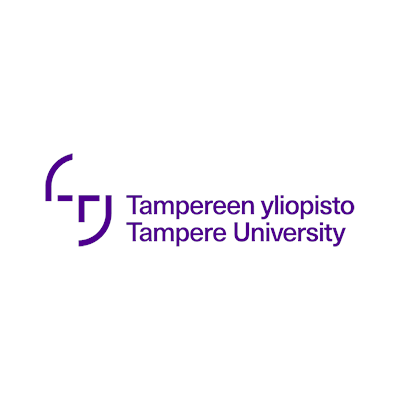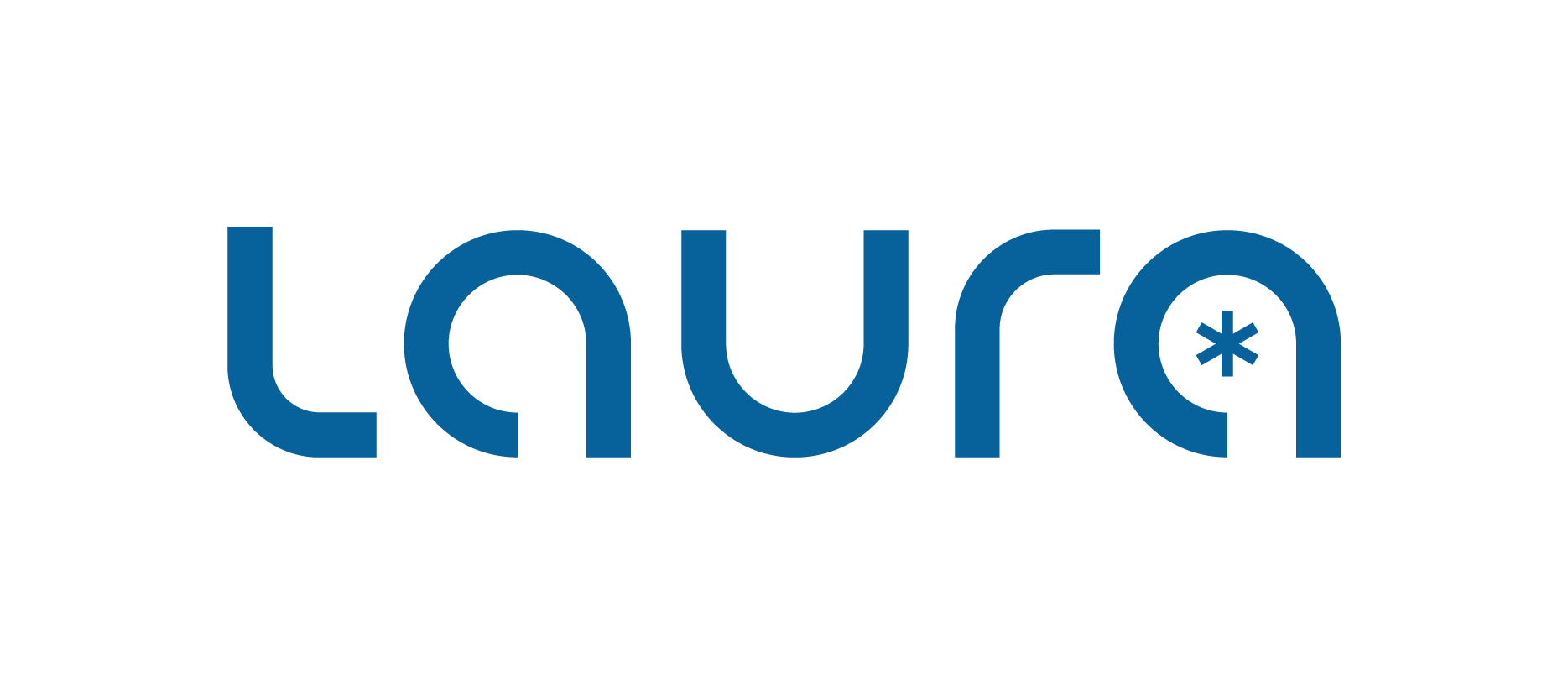Postdoctoral Research Fellow (Robotics and AI) / Tutkijatohtori (Robotiikka ja tekoäly)

Tampere University and Tampere University of Applied Sciences create a unique environment for multidisciplinary, inspirational and high-impact research and education. Our universities community has its competitive edges in technology, health and society. www.tuni.fi/en
Within the unit of Automation Technology and Mechanical Engineering, faculty of Engineering and Natural Sciences, we are recruiting two (2) postdoctoral positions. The unit has about 20 professors and 100 research staff in the areas of Robotics, Automation, and Mechanical engineering. Robotics is one of the core areas of education and research of the faculty, in close collaboration with the units of computer science and signal processing. These positions are opened in two research groups, namely the Autonomous Mobile Machines group and the Cognitive Robotics group.
The Autonomous Mobile Machines Group focuses on solutions for future self-operating mobile working machines and robots (such as forest machines, excavators, forklifts, wheel loaders). We aim at algorithmic innovations, from theory to practice using real-world robot systems. The group research topics include autonomous navigation and manipulation, robot learning in challenging environments and uneven terrain; optimal power transmission and motion control for reduced energy consumption and obstacle avoidance for heavy duty manipulators; material handling with integrated sensing and control; software development and safety for autonomous mobile working machines. The group is led Prof. Reza Ghabcheloo and has a strong network in the industry, and we seek to solve demanding scientific problems that do arise from realistic environments and use cases.
The Cognitive Robotics Group focuses on robotics and how they can work in close collaboration with people. Research topics include perception for robot manipulation (grasping, assembly), perception for human-robot interaction (speech, learning from demonstration), visual-language models for robot manipulation, motion planning and control, software development and safety. All topics have a heavy focus on AI-based methods (e.g., machine or deep learning) and their real-time execution on real robot systems. Research takes inspiration both from industrial applications in the areas of manufacturing and inspection & maintenance for large infrastructures (e.g., CERN). The group is led by Assoc. Prof. Roel Pieters, has a strong network in the European Robotics scene, and good connections to industry that provide challenging use cases.
Both groups have well-equipped and dynamic community with a large group of doctoral researchers and research assistants.
We are looking for two (2) Postdoctoral Research Fellows.
Autonomous Mobile Machines group:
The work will be related to robot learning and optimization for a) planning and control for autonomous navigation, and manipulation in non-road applications; b) robust perception and situational awareness in challenging outdoor environments. Both senior researchers and fresh doctors with strong background in optimal control, reinforcement learning, machine leaning in mechanical and robotics systems are encouraged to apply. The research is related to the following projects:
“System-on-Chip, Wireless Technology, and Robotics for Intelligent Machines” funded by Academy of Finland.
Centre of Excellence of AI for Sustainable Living and Working (Horizon Europe)
“Safe Reinforcement Learning in Non-Stationary Environments with Fast Adaptation and Disturbance Prediction” jointly funded by the Academy of Finland and NSF, in collaboration with Univ. of Illinois Urbana-Champaign and Aalto University.
See other projects of the group: link
Cognitive Robotics group:
The work will be related to robot manipulation and human-robot collaboration with AI-based methods: a) perception, action and learning for robot manipulation and human-robot interaction and/or b) learning for robot manipulation by visual-speech models. Demonstrated experience with programming (Python, C++, ROS) is required as well as experience with industrial robot manipulators and/or perception systems. In addition, experience with learning-based approaches and related software tools is beneficial. The research is related to the following projects:
Centre of Excellence of AI for Sustainable Living and Working (Horizon Europe): https://sustainlivwork.eu/
AI-driven multimodal interaction for advanced user-centric human robot collaborative applications (JARVIS, Horizon Europe): https://www.jarvis-project.eu/
Open Deep learning Toolkit for Robotics (OpenDR, H2020): http://opendr.eu/
See other projects of the group: link
In addition, for both groups, activities include supervision of PhD / MSc students, preparation of grants and support of the general activities of the research labs.
Requirements
We seek a motivated and self-guided person with strong theoretical background who is interested in practical robot applications.
You should have a PhD degree in a relevant field. We expect a competence to pursue independent scientific work and adequate teaching skills. You should be fluent in spoken and written English.
We offer
We offer the possibility to be part of world class research teams with a unique view to the major industry players in this field both in Finland and Europe: https://www.more-itn.eu/, https://www.fima.fi/members/, https://www.six.fi/partners
The position will be offered for a fixed-term period of 2 years and can be potentially extended for another 2 years. The planned starting date will be mutually agreed, but indicatively 1.6.2024. A trial period of six (6) months applies to all our new employees. The groups are well funded, and there will be possibilities for successful applicants to continue their passion.
As a member of the dynamic and innovative international community of Tampere University, you will have access to a range of competitive benefits, including occupational health care services, flexible work schedules, versatile research infrastructure, modern teaching facilities, and a safe and inviting campus area. You will also have a personal fund to spend on sports and cultural activities during your free time. Please read more about working at Tampere University. You can also find more information about us and working and living Tampere by watching our video: Tampere Higher Education Community - our academic playground.
Tampere is the largest inland city in Finland and is considered a major academic hub in the Nordic countries. The region is home to a vibrant, knowledge-intensive entrepreneurial community, and the city is an industrial powerhouse with a rich cultural scene and a reputation as a centre of Finland's information society. Additionally, Finland is known for being one of the most stable, free, and safe countries in the world, based on various ratings by prominent agencies. Tampere is surrounded by stunning nature, with forests and lakes offering countless opportunities for easy-to-access outdoor adventures and refreshment throughout the year.
Read more about Finland and Tampere:
Salary
The salary will be based on both the job demand level and the employee's personal performance in accordance with the Finnish University Salary System. According to the criteria applied to teaching and research staff, the position of the Postdoctoral Research Fellow is placed on the job demand level 5-6. In addition, employees will receive performance-based salary. Therefore, typically, Postdoctoral Research Fellow´s salary varies between 3300 Euro - 4200 Euro.
How to apply
Please submit your application through our online recruitment system. The closing date for applications is 30 April 2024 (at 23.59 EEST / UTC +3). Please write your application and all accompanying documents in English and attach them in PDF format.
Applications should include the following documents:
Curriculum Vitae, e.g., according to TENK guidelines
List of publications
A letter of motivation, highlighting your achievements and ambition. Please indicate your preferred topic of research from the job descriptions and your most important work/publications and/or other achievements.
A research plan (1 page) indicating what research questions you are interested in, and state of the art.
For more information, please contact:
Autonomous Mobile Machines Group:
Professor, Group Leader Reza Ghabcheloo, reza.ghabcheloo (at) tuni.fi
Project Manager Jukka Yrjänäinen, jukka.yrjanainen (at) tuni.fi
Cognitive Robotics group:
Associate Professor, Group Leader Roel Pieters, roel.pieters (at) tuni.fi
*******
Tampereen yliopisto ja Tampereen ammattikorkeakoulu muodostavat korkeakouluyhteisön, joka uskoo ihmiseen ja tieteeseen. Tekniikan, terveyden ja yhteiskunnan huippuosaajat muuttavat maailmaa Suomen toiseksi suurimmassa monitieteisessä ja innostavassa tutkimus- ja oppimisympäristössä. www.tuni.fi
”Autonomous Mobile Machines” - ryhmä Tekniikan ja luonnontieteiden tiedekunnassa tutkii tulevaisuuden itsenäisten liikkuvien koneiden robotiikkaa erityisesti teollisissa sovellusympäristöissä (esimerkiksi trukit, kaivinkoneet, pyöräkuormaajat, metsäkoneet). Tutkimuskohteisiin kuuluvat: Ohjelmistonkehitys turvallisiin autonomisiin liikkuviin työkoneisiin, optimaalinen tehonvälitys ja liikkeen ohjaus energiankulutuksen ja päästöjen vähentämiseksi, materiaaliin käsittelyn automatisointi integroiduilla sensori ja ohjausratkaisuilla, koneiden tilannetietoisuus ja autonominen navigaatio haastavissa ympäristöissä sekä robottien toiminnan älykäs oppiminen ja optimointi. Tutkimusryhmää johtaa Prof. Reza Ghabcheloo ja sillä on vahva yhteistyö teollisuuden kanssa. Etsimme ratkaisuja haastaviin tieteellisiin ongelmiin, jotka esiintyvät todellisissa käyttöympäristöissä ja sovelluksissa.
“Cognitive Robotics”-ryhmä Tekniikan ja luonnontieteiden tiedekunnassa tutkii ihmisten ja robottien mahdollisuuksia työskennellä yhdessä. Tutkimuskohteisiin kuuluvat robottikäsittelyn havainnointi (tarttuminen, kokoaminen), robotin ja ihmisen välisen vuorovaikutuksen havainnointi (puhe, mallioppiminen), robottikäsittelyn visuaaliset kielimallit, liikkeen suunnittelu ja ohjaus, ohjelmistokehitys ja turvallisuus. Kaikki tutkimusaiheet keskittyvät tekoälypohjaisiin menetelmiin (koneoppimiseen tai syväoppimiseen) ja niiden reaaliaikaiseen toteutukseen todellisilla roboteilla. Tutkimus saa innoituksensa teollisissa valmistusympäristöissä käytettävistä applikaatioista ja suurten infrastruktuurien tarkastamisesta ja huollosta (esim. CERN). Tutkimusryhmää johtaa Apulaisprofessori Roel Pieters ja ryhmällä on tutkimusalan vahva eurooppalainen verkosto, sekä vahva yhteistyö teollisuuden joka tarjoaa haastavia sovellusympäristöjä.
Tehtävänkuvaus
Tutkimusryhmä hakee tutkijatohtoria, jolla on vahva teoreettinen osaaminen ja on kiinnostunut käytännön sovelluksista.
Tehtävään kuuluu tutkimustyön johtaminen, tutkimustohtoriopiskelijoiden ohjaus, sekä oma tutkimustyö.
Tarkemmat tehtävänkuvaukset ja tehtävään liittyvät tutkimusprojektit ovat esitelty ilmoituksen englanninkielisessä osassa.
Hakuohjeet
Lue tarkemmat tiedot tehtävästä ja hakuohjeet yllä olevasta englanninkielisestä ilmoituksesta.
Jätäthän hakemuksesi yliopiston sähköisellä hakulomakkeella (linkki löytyy tämän ilmoituksen alta). Hakuaika tehtävään päättyy 30.4.2024 klo 23.59.
Lisätiedot:
Autonomous Mobile Machines ryhmä:
Professor, Ryhmänjohtaja Reza Ghabcheloo, reza.ghabcheloo (at) tuni.fi
Projektipäällikkö Jukka Yrjänäinen, jukka.yrjanainen (at) tuni.fi
Cognitive Robotics ryhmä:
Associate Professor, Ryhmänjohtaja Roel Pieters, roel.pieters (at) tuni.fi




